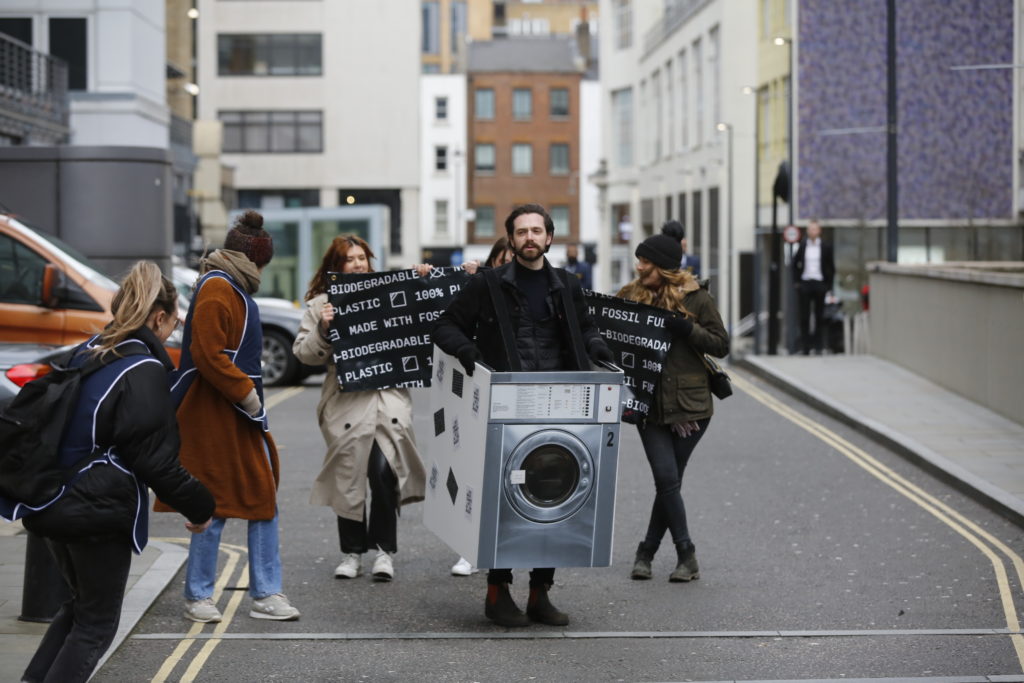4 Mins Read
People in affluent countries can contribute to halting the climate crisis by making six lifestyle changes, a new study has found. Research was conducted by Leeds University, with findings being verified by engineering firm Arup and the C40 collective of influential cities around the world. Academics involved with the study claim that by committing to six lifestyle adaptations, wealthy countries can account for up to 27 percent of the global emissions reduction needed to keep planetary warming to 1.5°C.
Study findings were published to promote ‘The Jump’, a new climate movement that asks individuals to sign up to make the six lifestyle compromises. Changes range from limiting the amount of new clothing bought to limiting air travel. Launch of the Jump is well-timed, coming shortly after publication of what is being heralded as the bleakest IPCC report to date.

The impetus to make small changes
The recent IPCC report and UN Secretary-General Antonio Guterres highlighted the role of governments in climate crisis lethargy. The Jump seeks to educate individuals about viable ways to make an impact, dispelling the myth that change can’t be initiated at a domestic level. “This ends once and for all the debate about whether citizens can have a role in protecting our earth,” Tom Bailey, co-founder of the campaign said told The Guardian. “We don’t have time to wait for one group to act, we need ‘all action from all actors now’.”
Bailey cites a widespread alternative to the globally accepted norm of mass consumerism as the solution to the climate crisis. All strata of consumers and suppliers have a role to play. “The research is clear that governments and the private sector have the largest role to play but it is also equally clear from our analysis that individuals and communities can make a huge difference,” Bailey said.
Bailey previously worked with the Labour party to draft a plan for decarbonising the U.K. He has more than a decade of experience within the green energy sector and champions grassroots climate action for eventual systemic change.
The pledges everybody needs to make
The Jump is asking participants to commit to six lifestyle changes for one, three or six months. They are:
1. Eating a mostly plant-based diet with no food waste
The importance of portion control and buying only what is needed is highlighted here. A focus on whole foods is best, if possible.
2. Buying maximum of three new pieces of clothing a year
In a bid to make the circular fashion economy the norm, consumers are encouraged to buy preloved items or embrace repairing existing belongings.
3. Keep electrical products for at least seven years
Regularly changing mobile phones, televisions and other tech items have been shown to contribute to emissions in a significant way. Breaking the constant upgrade cycle is critical.
4. Take no more than one short haul flight every three years
During the pandemic, this has been easier to achieve, but now that restrictions are lifting, the impact of air travel needs to be reiterated.
5. Scrap cars, where possible.
This is not always a practical move, but for households with more than one car, reducing the number can make a big impact.
6. Make a big switch.
Choosing to move an insurance premium, energy contract or something similarly significant to a green supplier shows demand and creates change.
The pledges are deliberately diverse and accessible, allowing for a vast demographic of people to participate. It is acknowledged that some of the tasks will be harder to align with than others, due to outside influences. The lack of affordable public transport is an example. Small changes are still lauded as a positive start.
“This isn’t going back to the stone age, it’s just finding a balance,” Bailey told The Guardian. “Less consuming in relatively rich western countries can mean more creativity, comedy, connection … Live for joy, not for stuff.”

Everyone has a role to play
The climate crisis affects everybody. From women in the poorest communities to multinational conglomerates, everybody has a duty to engage with sustainable practices. The latest IPCC report highlighted, beyond all reasonable doubt, that alt-protein has a big part to play in the fight against climate change. Both cultivated and plant-based meats are cited as a potential solution to resource and emissions-heavy conventional meat.
Lead photo by Anna Shvets from Pexels.




